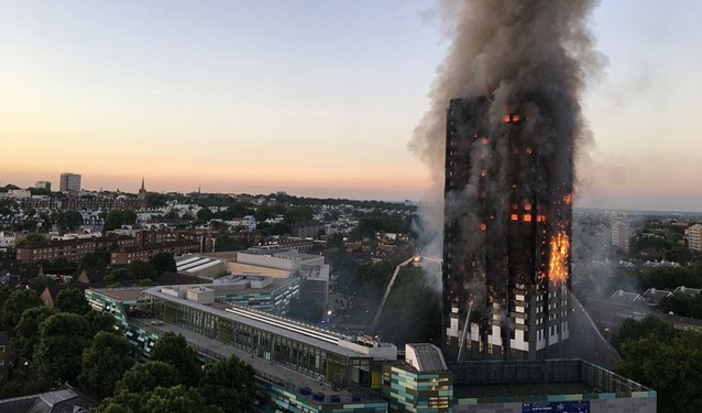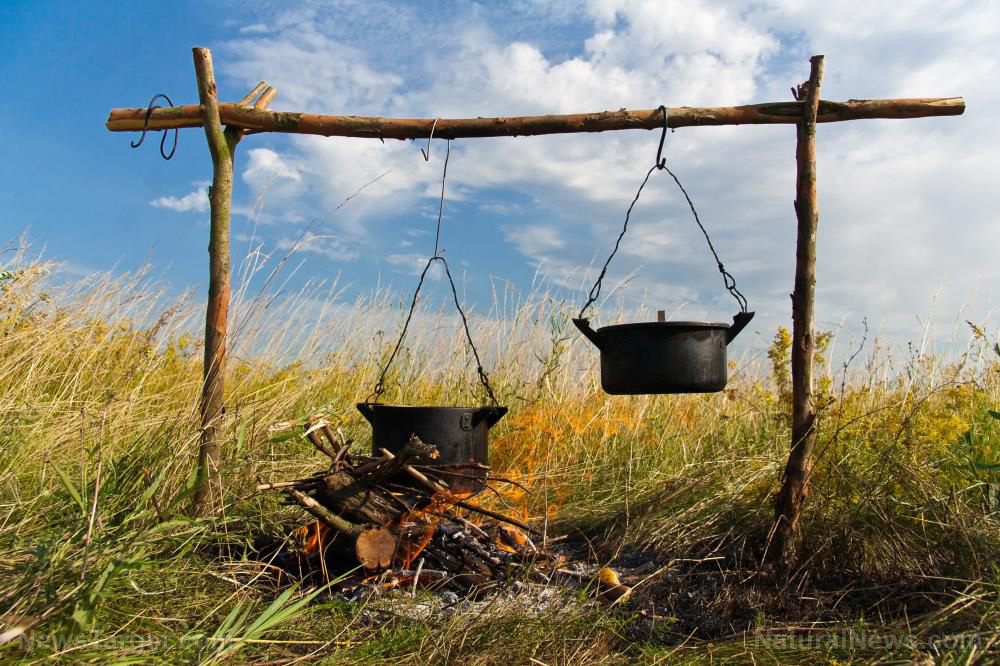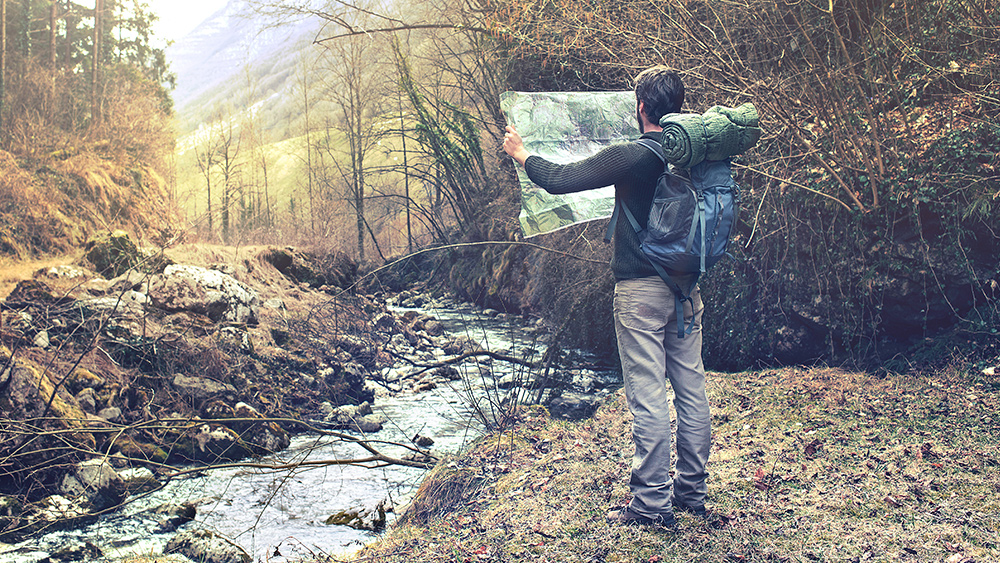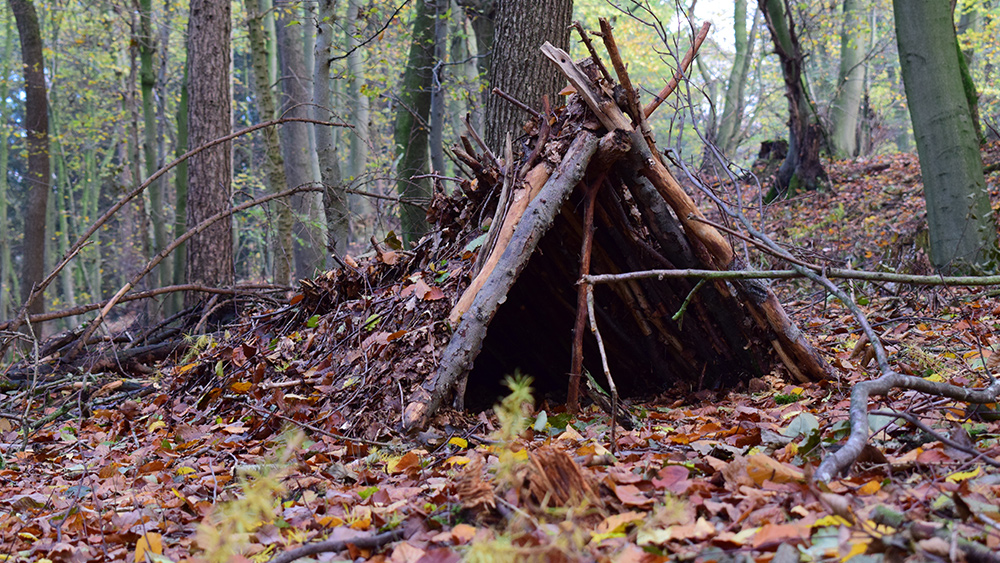
Disasters can strike without warning at any moment. One second, you could be at your office desk filing paperwork and the next, you could be trying to find your nearest exit due to an earthquake or fire. Even before SHTF, you should already have a plan of action in mind. Practice this plan until you and those around you can do it on instinct without hesitation. Follow these survival strategies to keep you and the people around you safe if you get trapped inside a building. (h/t to TNGun.com.)
Avoid panic
Whatever situation you find yourself in, panic is only going to make it much worse than it should be. The ability to keep calm will be your greatest asset in ensuring your own survival. Once you have the proper exit strategy in mind, you can then assist in ensuring the survival of those around you. Even before SHTF, you should familiarize yourself with your building's exits, exit routes, safety procedures and evacuation areas. Keep in mind that safety procedures for fires, earthquakes, and active shooter incidents may not all be the same. Knowing exactly what you have to do in such situations can make your actions instinctive and prevent unnecessary panic. Practice the procedures until they become second nature.
Assess the situation
Of course, just because you act instinctively, doesn't mean that you should act blindly. Assess the situation and react accordingly. The quickest way out might not always be the safest. Never use the elevator during an emergency evacuation. If there is a power failure while you are inside the elevator, it may leave you trapped inside. Use the stairs, but avoid running. In case of a fire, keep doors and windows closed to slow down the fire and reduce the damage. During an earthquake, take cover beneath a sturdy and protective surface, such as a table to protect yourself from falling debris. Stay under the table until the tremors have ended and it is safe to come out. In case it hasn't been activated yet, activate the warning system to alert everyone in the building of the situation, whether it be for fires, earthquakes or active shooter incidents. During an active shooter event, you should try to find an exit as soon as possible, but if you are unable to, then stay hidden as best as you can. Fighting back should always be only your last resort.
Don't play the hero
It is important to know who you are with in the building. Are they young, elderly, or otherwise vulnerable? If so, you should try to assist them in evacuating, but not at the expense of your own safety. There may be some inevitable scenarios wherein you will not be able to save everyone. What is more important is to try and save as many people as you can. Avoid putting yourself in dangerous situations just to save someone else, especially if you don't have training. This might just put both of you in greater harm. Instead, you should try to exit the building as soon as you can and find someone else more qualified to make the rescue, such as emergency personnel. Inform them of where people are still trapped in the building. (Related: Surviving natural disasters: Earthquake and tsunami scenarios.)
Step up when necessary
You shouldn't play the hero, but neither should you stand idly by. Keep yourself and those around you calm while exiting the building. Guide anyone who is vulnerable or in need of assistance.
Leave the premises as soon as possible
The sooner you leave the building, the better. Once you have vacated the premises, call emergency services immediately. Move other people away from the entrances and exits to keep them from getting blocked.
Stay prepared for any emergency situation by going to Preparedness.news.
Sources include:
Please contact us for more information.





















